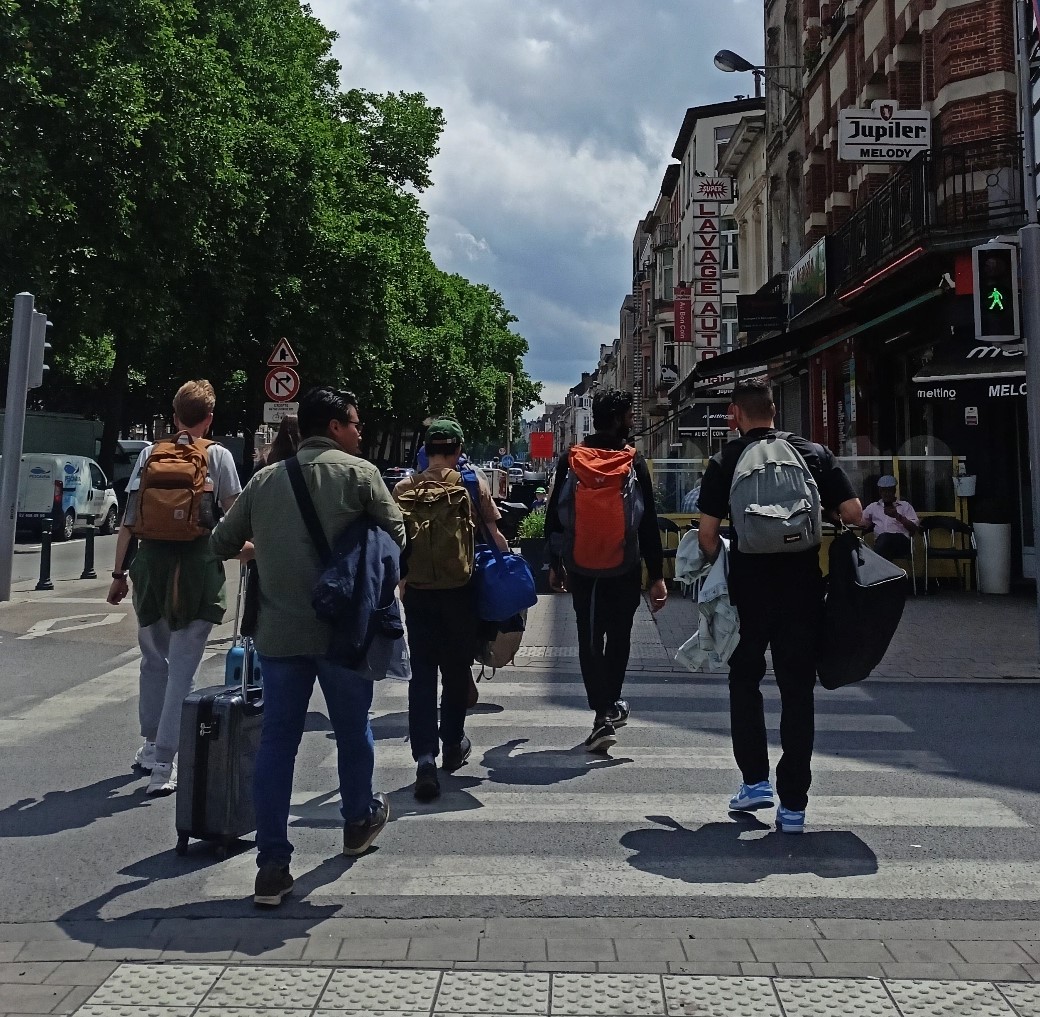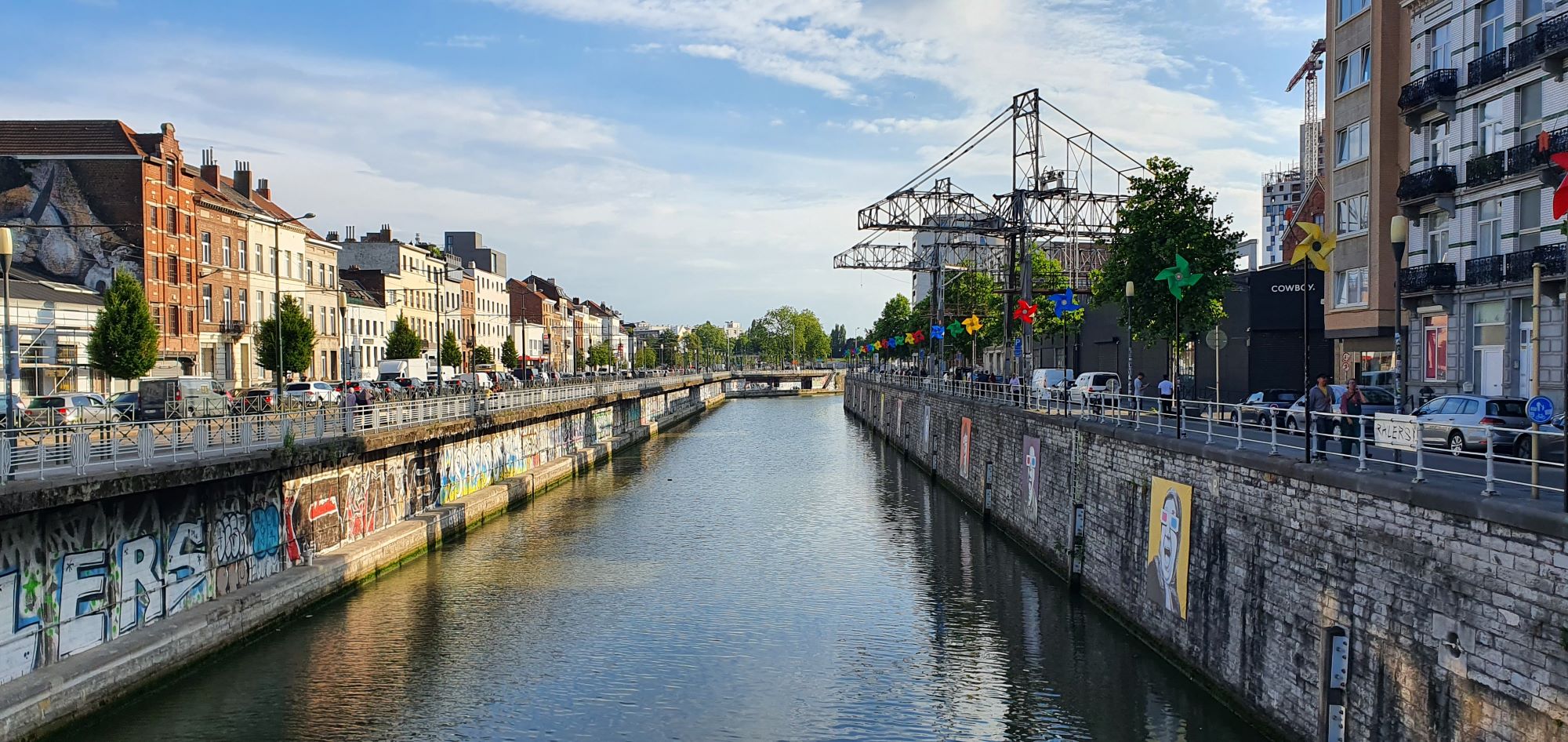An important aspect of any Master programme in Geography and Spatial planning is fieldwork. It offers students an enriching and inspiring opportunity for experiential, problem-based and collaborative learning. The field is truly our living laboratory.
In Luxembourg, we are uniquely positioned to undertake field classes on a local, national, regional and European scale. The processes of familiarisation and defamiliarisation support (1) discovering anew local places and (2) engage with unfamiliar places in the Greater region and beyond.
Geographical fieldwork has many benefits:
- It feeds our curiosity.
- It supports real-world geographical thinking.
- It provides a hands-on collaborative research process.
- It encourages the investigation of complex urban issues and processes in the real world.
- It enables informal opportunities for informal social interaction and collaboration.
Luxembourg’s unique geographical location in Europe provides the opportunity to use field classes to support comparative thinking and collaborative working. In our programme, a number of our courses support fieldwork. We run a European Field class (year 1 semester 2) where students investigate an array of issues, research debates and questions and have the opportunity to present their finding using videos or multimedia storytelling. During core modules in Semester 1 students compare development practices across Luxembourg.
Here are just some of the issues we explore using field classes:
a) exploring the dynamics of local businesses and community initiatives aiming for sustainable practices in Brussels.
b) evaluating the theoretical and conceptual underpinnings of spatial planning for sustainable development, and exploring how they manifest in Luxembourg.
In times where students are under great financial pressure, we incorporate the costs of field classes into the budget of the
programme. In addition, we will strive to ensure a sustainability approach to our field classes to minimise the impact of the
department’s carbon footprint. So wherever possible we use public transport.

